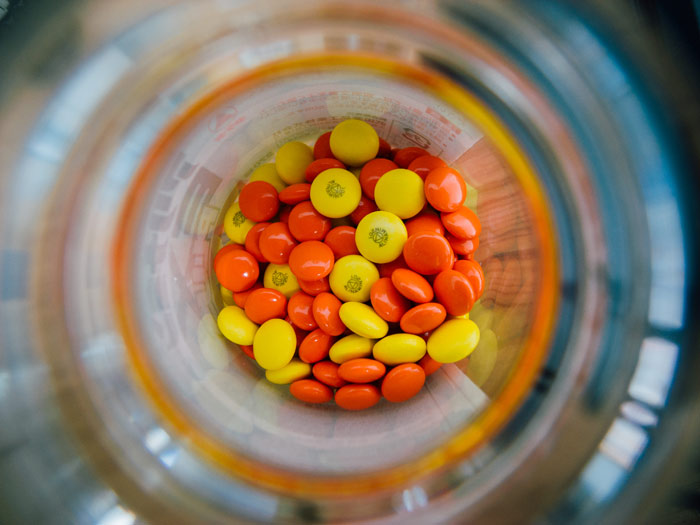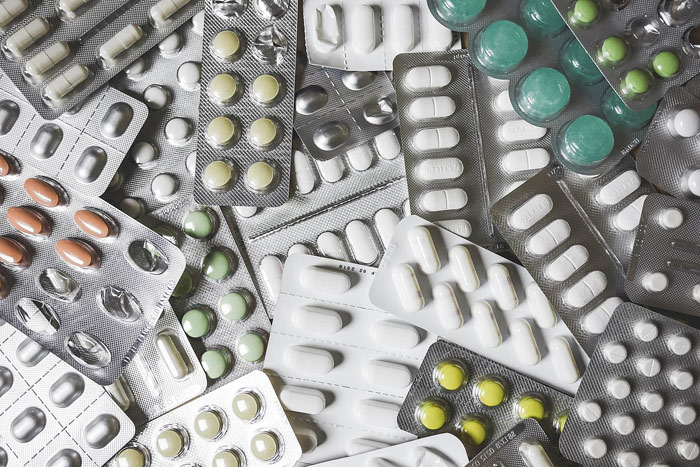Antibiotics & Breastfeeding: Facts to Know
While breastfeeding is certainly a commendable thing, if a breastfeeding mother develops an illness, it may lead to serious repercussions – for a sick parent means nothing but trouble.
Needless to say, there are issues that do not require strong medications and antibiotics, yet there are some that do – should it happen to be mastitis, dental procedures, or certain infections.
If it happened that the doctor prescribed you antibiotics, and you are breastfeeding, so now you are concerned about the medicinal substances finding their way into your milk and how the baby can react to their intake. Or maybe you can settle for a safer antibiotic?
These concerns revolving in your head could stress you out, and naturally, you will want to have answers to the most stringent questions – some of them to be found in this article.
The baby’s poo could change for a while
Taking antibiotics as you breastfeed, there may occur changes in your baby’s poos that can come more liquid and turn a bit greenish in color. It is nothing special, and you don’t need to take any measures. This will pass as soon as you are done with your antibiotics.
You may mark changes in the baby’s temper
When antibiotics come on top of breastfeeding, one of the quickest changes to be noticed may be in the baby’s behavior: antibiotics could bring about symptoms similar to colic – and make the little one generally more unsettled than he used to be.
Don’t rush to apply any treatment, because this too is but temporary and will revert to normal when you have finished your antibiotic course.
These changes make a normal reaction to antibiotics and mustn’t be treated as serious ones.
In no way it is an indication that you ought to halt breastfeeding, refuse to take antibiotics, or take measures like pumping your milk.
There can also be cases when antibiotics taken by the mother cause the baby to evince certain symptoms of secondary lactose intolerance.
It happens because gut irritants are apt to lead to secondary lactose intolerance, and antibiotics certainly interfere with gut flora and can easily cause irritation.
Again, it is no good reason to pause in breastfeeding as it is sure to return to normalcy when the antibiotic intake has ceased.
The baby’s gut takes cues from your milk
Naturally enough, your medication introduces changes to the gut flora of your baby, but it is only a part of what is going on down there.
The fact is, breastmilk does a lot for normalizing the little one’s gut and balancing out the bacteria in there. Milk supplies bifidobacteria, lactobacilli, and other beneficial probiotics that go to maintain a proper flora in the baby‘s gut.
Besides, be mindful that if your intake of medication changes so does the content of bacteria in the gut of the breastfed baby – and the same happens when formula is introduced. But as the amount of antibiotics that find their way into your breastmilk (and lead to changes) is not so large, formula is a more potent inciter of gut flora changes.
Probiotics hold some of the answers
With a reasonably healthy person, taking antibiotics doesn’t require a lot of adapting – the medication is easily tolerated, and the gut balance re-established itself soon.
But since antibiotics kill most of the bacteria without distinguishing the harmful from the beneficial, a course is apt to cause diarrhea – a well-known side effect of antibiotics.
So, antibiotics provide an unsettling situation for the gut, and probiotics are something to be called upon to redress the balance.
The evidence is not yet conclusive, but the existing research shows that probiotics gain a creditable record at trials. So far it is believed probiotics can relieve antibiotic-induced diarrhea (or even eliminate it altogether). What remains to be determined is which strains can be used for better results, what doses would ideally serve the purpose and what length course may be required.
All the aforesaid relates to administering probiotics to breastfeeding mother who has to take antibiotics, and not to administering them to babies who are breastfed (especially if they are exclusively breastfed).
If the idea of using probiotics appeals to you, mind you consult your family doctor or a healthcare provider first (make sure they are knowledgeable of probiotics).
There is a possibility of developing thrush
If antibiotics come in enormous doses, it may lead to killing the gut flora in the mother extensively and consequently on to the condition of overgrowth of candida, known as thrush. While normally this condition is controlled, antibiotics in abundance can overthrow the balance.
Thrush can develop symptoms in several places, most notably in the vagina, in the nipples and in the mouth.
Do not omit to get professional consultation as you are breastfeeding, but going to take antibiotics and/or probotics.
Are there safe antibiotics?
The answer to this is not an easy one, for it hangs on many aspects such as the age of the baby, her weight and the state of her health, and had better be figured out after a discussion with your family pediatrician or a health caregiver.
Yet, some antibiotics are regarded as safer ones. According to the Mayo Clinic, breastfeeding-safe medications are as follows:
- penicillins
- cephalosporins
- fluconazole — although it is not an antibiotic, this antimicrobial helps to cure fungal infections
In case you are thinking of, or are advised to, take any other antibiotic, first consult your pediatrician. He will either assure you that the antibiotic is safe or offer you a safe alternative.
If it occurs that you need to take an antibiotic which is not safe for your baby
It turns out you have no other option but take something that would not be so safe while breastfeeding. It is not good, but there’s no need to worry yourself blind.
Mostly if you have been prescribed an antibiotic that is not compatible with breastfeeding, it is done for your well-being, and you can’t very well get around it – a healthy mother is what the baby sorely needs, and you are aiming to be one!
Should you be warned against breastfeeding while you are undergoing treatment, still you need to keep yourself in readiness to go back to breastfeeding when the antibiotic has dissolved and been washed away. Make a point of regularly pumping and dumping your milk to maintain the supply. Choose the best alternative to feed the baby while you are busy getting yourself in fine shape.




